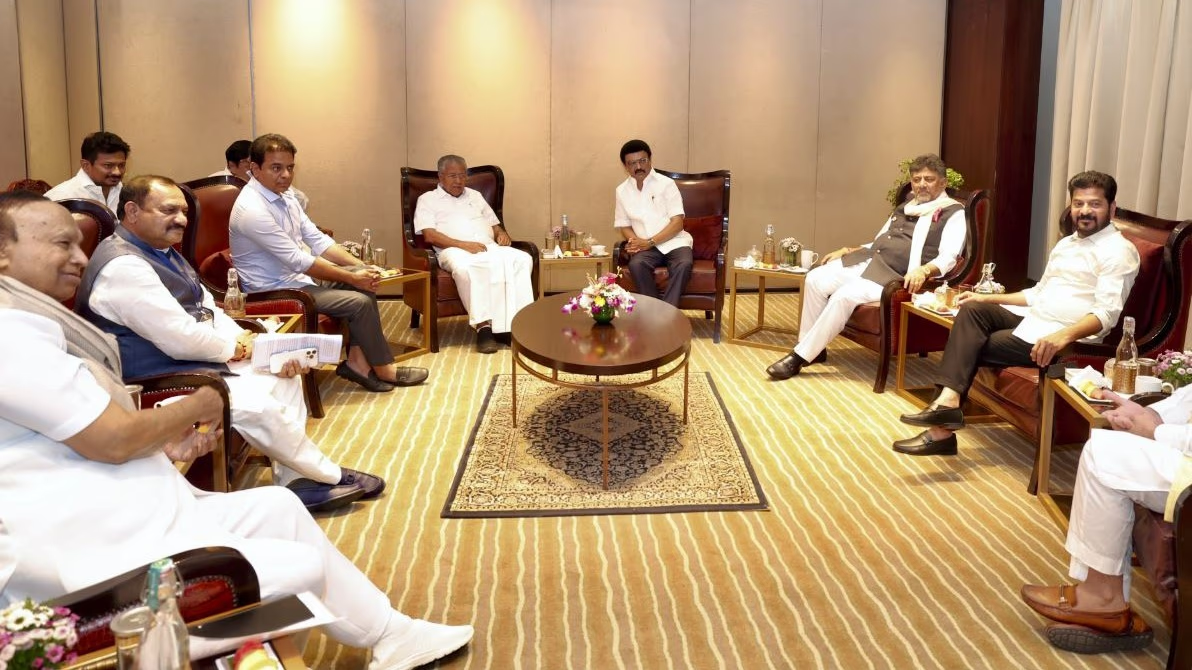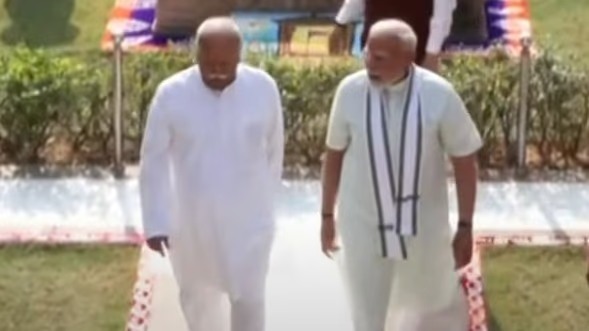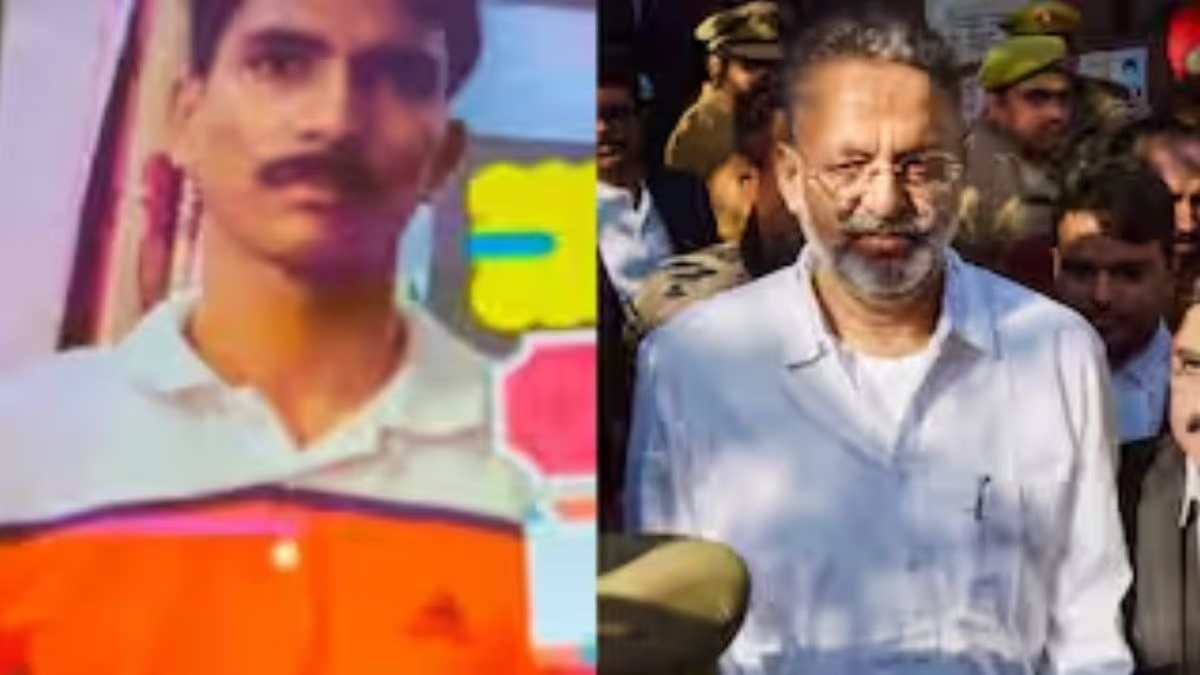The Chief Minister of Tamil Nadu, MK Stalin, emerged as a pivotal figure by hosting the first 'Fair Delimitation' meeting in Chennai, unifying states potentially affected post-2026 delimitation. Meanwhile, an intriguing narrative unfolded in Telangana. The meeting included representatives from both the ruling Congress party and the primary opposition party, BRS. Rivals Revanth Reddy and KTR, who often clash in Hyderabad, voiced the same concerns in Chennai. Both argued against delimitation, fearing it would disadvantage India’s youngest state and southern India.
BJP Sparks Controversy on Unity
In Telangana, the BJP positioned the two parties as collaborators in corruption, nepotism, and misleading the public over delimitation, employing divisive politics based on region and language. Despite prior cross-party shifts, their concerns about regional issues should not be dismissed as divisive. In a federal system, states have the right to highlight their issues.
The political satire aside, is there merit to Congress and BRS's complaints or are they playing the victim card? There’s a fear that having controlled their populations better, southern states may have less representation compared to the north, making them politically insignificant in electoral processes. This regional apprehension stems from economic contributions being higher from the south, yet lesser benefits in return.
Varied Claims in Meeting
The meeting emphasized that southern states contribute to northern development. Telangana's Chief Minister stated they receive only 42 paise for every rupee contributed to the national treasury. Tamil Nadu and Karnataka fare worse, receiving 26 and 16 paise, respectively. On the other hand, states like Bihar and Uttar Pradesh receive significantly more tax returns.
Hence, the argument arose to weigh in fiscal contributions alongside population during delimitation. Reddy advocated increasing southern Lok Sabha seats from 24% to 33%, while KTR tied this to economic contributions. BRS argued that southern states, housing 19% of India's population, contribute 36% of the GDP, warranting proportional parliamentary representation based on economic output.
Additionally, Congress and BRS advocated for boosting the number of legislative assembly members instead of just MPs. They argued that lawmakers serve as the first point of contact for constituents and provide immediate crisis support, justifying more assembly seats for smaller populations.
Congress’s Contradictory Stance
Yet, imagine the same principle applied to the Telangana Assembly, where Greater Hyderabad might secure over 50% of seats owing to its 54% GDP contribution to the state. Even within Hyderabad, wealthier western parts could potentially gain more seats than historical areas, resembling a scenario favoring wealthy constituencies. Would this move favor or hinder the economically disadvantaged?
Congress is walking a tightrope on this issue. The irony lies in their broader advocacy for proportional representation based on population, leaving southern supporters to argue the contrary, thereby emphasizing that population cannot be the sole criterion.
Regional Interests Drive Focus
Although promoted as a unity meeting for the south, Andhra Pradesh's absence was apparent. Foreseeably, Telugu Desam Party (TDP) skipped the Chennai meeting. Jana Sena did similarly, despite MPs reportedly intending to join the meeting. Chandrababu Naidu advocates large families to avoid demographic challenges but steered clear, not wanting to be seen dining with political rivals as an NDA partner. Interestingly, Jaganmohan Reddy also abstained, opting to register his stance by writing to Prime Minister Narendra Modi to exercise 'utmost caution' during delimitation.
Ultimately, the overlooked aspect is the regionalization of the political stage in southern India, presenting a message of localized alignment. Despite BRS's name change, its roots remain firmly tied to Telangana. Evidently, DMK has eyes on the 2026 assembly elections. In Kerala, LDF and UDF share the same view. Congress, through Revanth Reddy along with Telangana and Karnataka PCC heads, attempts to shift from a national party image to a regional character.




